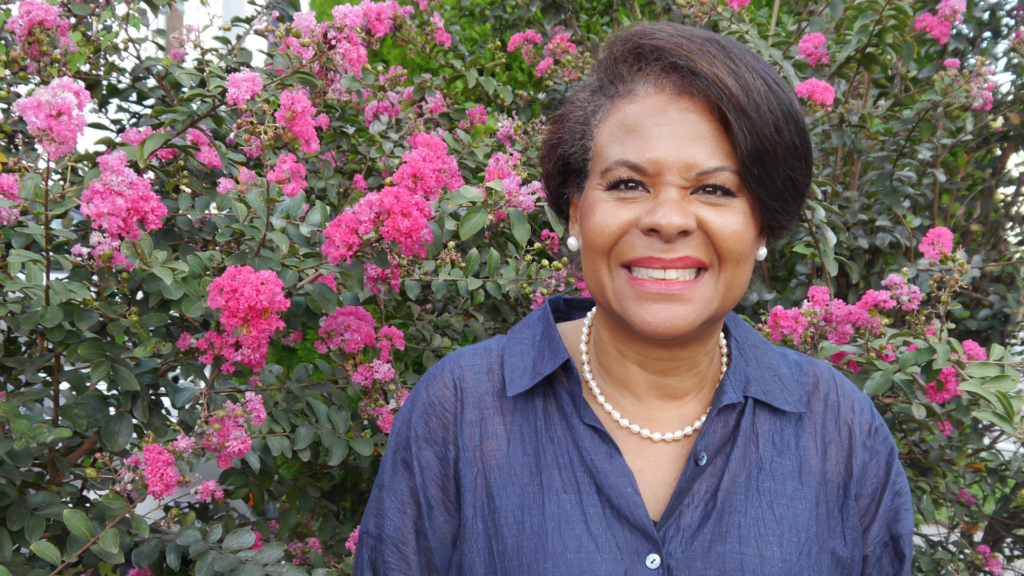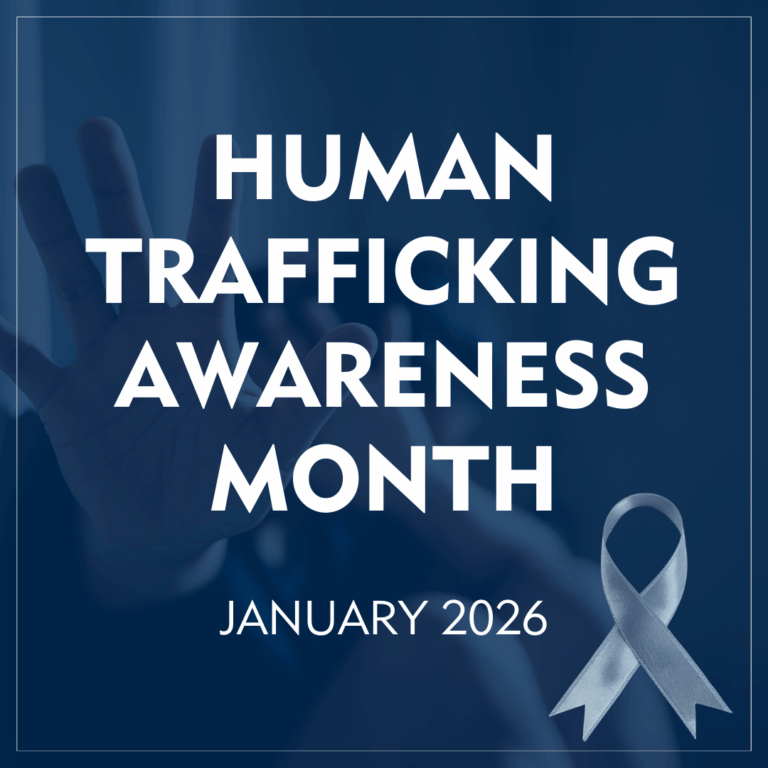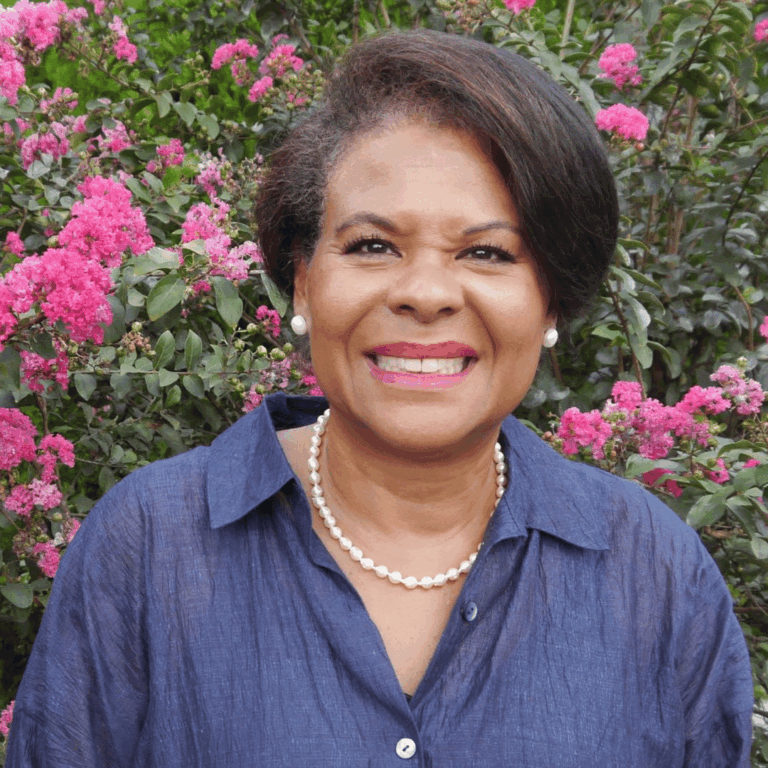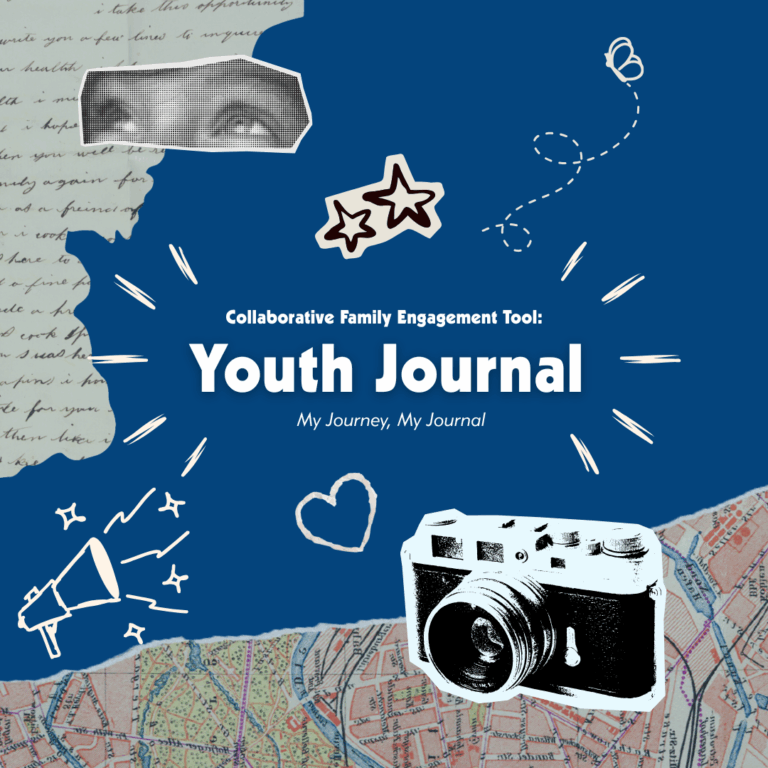Bystander Intervention & Educational Advocacy

August is nationally recognized as Bystander Awareness Month, and during this month we are taking the opportunity to explore what being an engaged bystander actually means. Many people think witnessing and intervening in an incidence of abuse or violence is being an engaged bystander, but bystander intervention goes far beyond that critical moment. Challenging and speaking out against harmful social norms, recognizing the warning signs and preventing or interrupting situations that could lead to violence are all a part of being an engaged bystander, as well as a CASA volunteer.
CASA volunteers are trained to recognize signs of abuse and neglect and are mandatory reporters. In addition to the advocacy they provide, CASA volunteers are in the unique position of being able to teach others how to be engaged bystanders. As the summer comes to an end and children and youth return to school, there are many ways to help prepare them for the school year. Going back to school, many students could be a victim of or a witness to bullying. Examples of bullying include saying cruel, insulting, threatening, or aggressive words, forcing someone to do something by means of physical harm or verbal coercion, assault, intimidation and more. Learning ways to recognize the warning signs of bullying and prevent or interrupt these situations is essential for all those involved in the educational system – most importantly, the children and youth themselves. August is a great time to have open conversations with those in your personal and professional networks about available tools for bystander awareness. The NO MORE Project offers resources to learn about safe, informed ways to respond to a variety of potential situations, including real-life bystander scenarios and specific resources for teens and youth. Check out their resources here: www.nomore.org/learn/bystander-scenarios.
Aside from bystander awareness, there are many other ways to help prepare children and youth in the child welfare system for going back to school. Those of us in the CASA network are continually reminded of the dispiriting challenges for children and youth in the child welfare system – including educational success. According to the Texas Education Agency (TEA) Texas Foster Care and Student Success Guide (2022), “Students in foster care have the lowest graduation rate and highest dropout rate of all highly mobile student groups in Texas”. Additionally, the document states, “In Texas 1 out of every 4 students, 25% in foster care dropped out of school, compared to 5.9% of their peers in 2019,” and “Students in foster care are almost 2.5 times more likely to receive special education services compared to students in the general population”. This data signifies only a fraction of the challenges faced by children and youth in the child welfare system, but CASA volunteers, staff, and supporters can help them succeed!
The notion that students in the foster care system experience educational instability and lag behind the general student population in high school completion is evident. To help change this trajectory, Texas CASA has put together some resources and reminders to help you be a well-informed and confident educational advocate. The Educational Advocacy Guidebook is a great place to start! This guidebook looks at how the education and child welfare systems intersect and provides you with the most up-to-date information and tools to help you make a difference in the school setting. The Educational Advocacy Pocket Guide is another great resource that fits conveniently in a wallet to provide volunteers a quick and handy resource when advocating for the educational needs of a child. For a more in-depth list of resources on educational advocacy, special education and post-secondary education, see pg. 53 of the Educational Advocacy Guidebook.
From all of us at Texas CASA, we thank you for standing up for Texas’ most vulnerable children and ensuring they have the support they need to grow, learn and thrive. Every child has a chance – it’s you®.
Thank you for all that you do,



